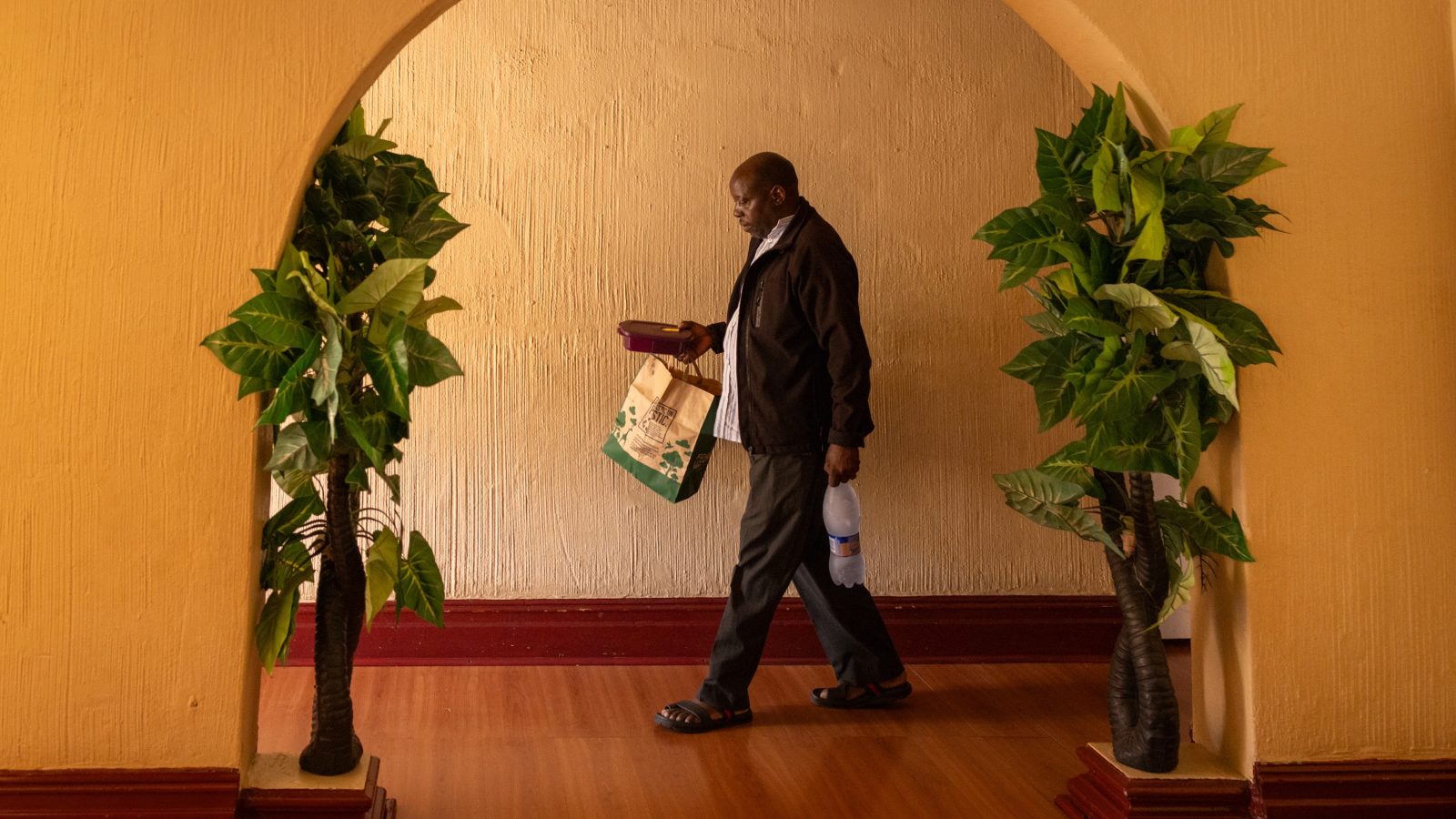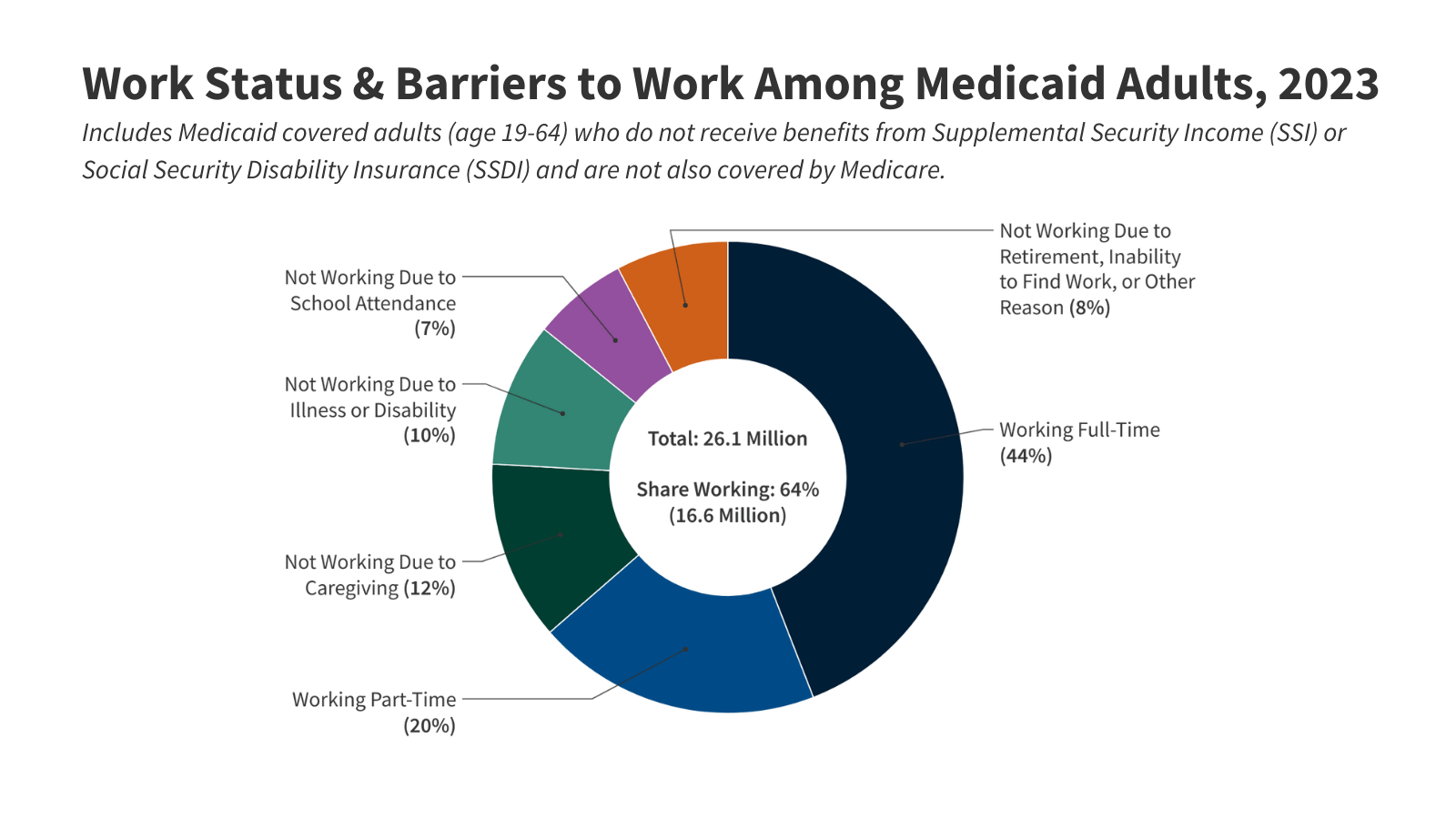As the gig economy continues to expand globally, the demographics of gig workers are evolving. While the average age of gig workers tends to be younger, there is a growing number of older individuals turning to gig work to make ends meet. In a recent study conducted by Rest of World, 52 gig workers aged 50 and above shared their experiences and challenges in the gig economy. These older workers are often driven by financial necessity, as rising living costs and inadequate social safety nets push them towards informal gig employment.
One such individual is Gilberto Alves de Souza, a 62-year-old ride-hailing app driver in São Paulo. De Souza works long hours, sometimes exceeding 12 hours a day, to support his household as the sole breadwinner. His income from driving is crucial for him, his wife, and their teenage granddaughter. Despite his age, de Souza has no plans to stop working as long as he is healthy and able to drive.
The story of de Souza is not unique. Across different regions, older gig workers are facing similar challenges. In countries like Nigeria, South Africa, Pakistan, and Vietnam, individuals in their 50s and 60s have turned to gig work as a means of survival. For many of these workers, gig work is not a choice but a necessity due to limited pension savings, lack of employment opportunities, and changing family dynamics.
While gig work offers flexibility and the opportunity to earn income, it also comes with its own set of challenges, especially for older workers. Health concerns, such as fatigue, neck pain, and digestive issues, are common among older gig workers who spend long hours on the job. The lack of access to health insurance and social security benefits further exacerbates their vulnerabilities.
Moreover, the gig economy’s lack of social safety nets poses a significant challenge for older workers who are unable to save enough for retirement. Many older gig workers struggle to contribute to pension schemes or access unemployment benefits, leaving them financially vulnerable in their later years. Legislative reforms in some countries aim to address these issues, but the implementation remains a challenge.
Despite the hardships and risks associated with gig work, many older workers find themselves unable to retire due to financial obligations and the lack of alternative sources of income. The gig economy’s growth and the aging global population highlight the urgent need to rethink social security systems and provide better support for older gig workers.
In conclusion, the stories of older gig workers like Gilberto Alves de Souza shed light on the complex realities of aging in the gig economy. As more individuals turn to gig work in their later years, addressing the challenges faced by older gig workers becomes essential to ensure their well-being and financial security. The evolving demographics of gig workers underscore the need for comprehensive social protection measures and support systems to safeguard the livelihoods of older workers in the gig economy.



















